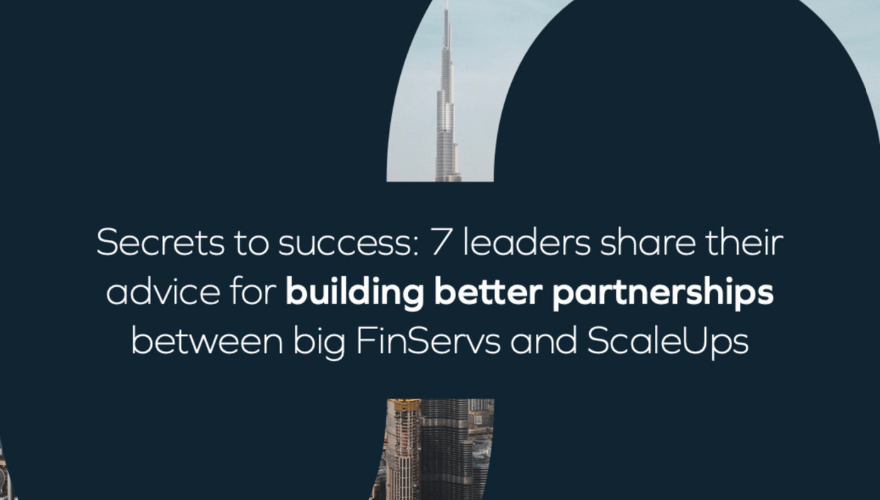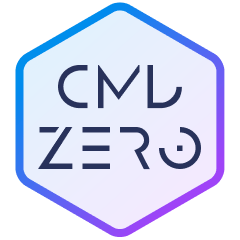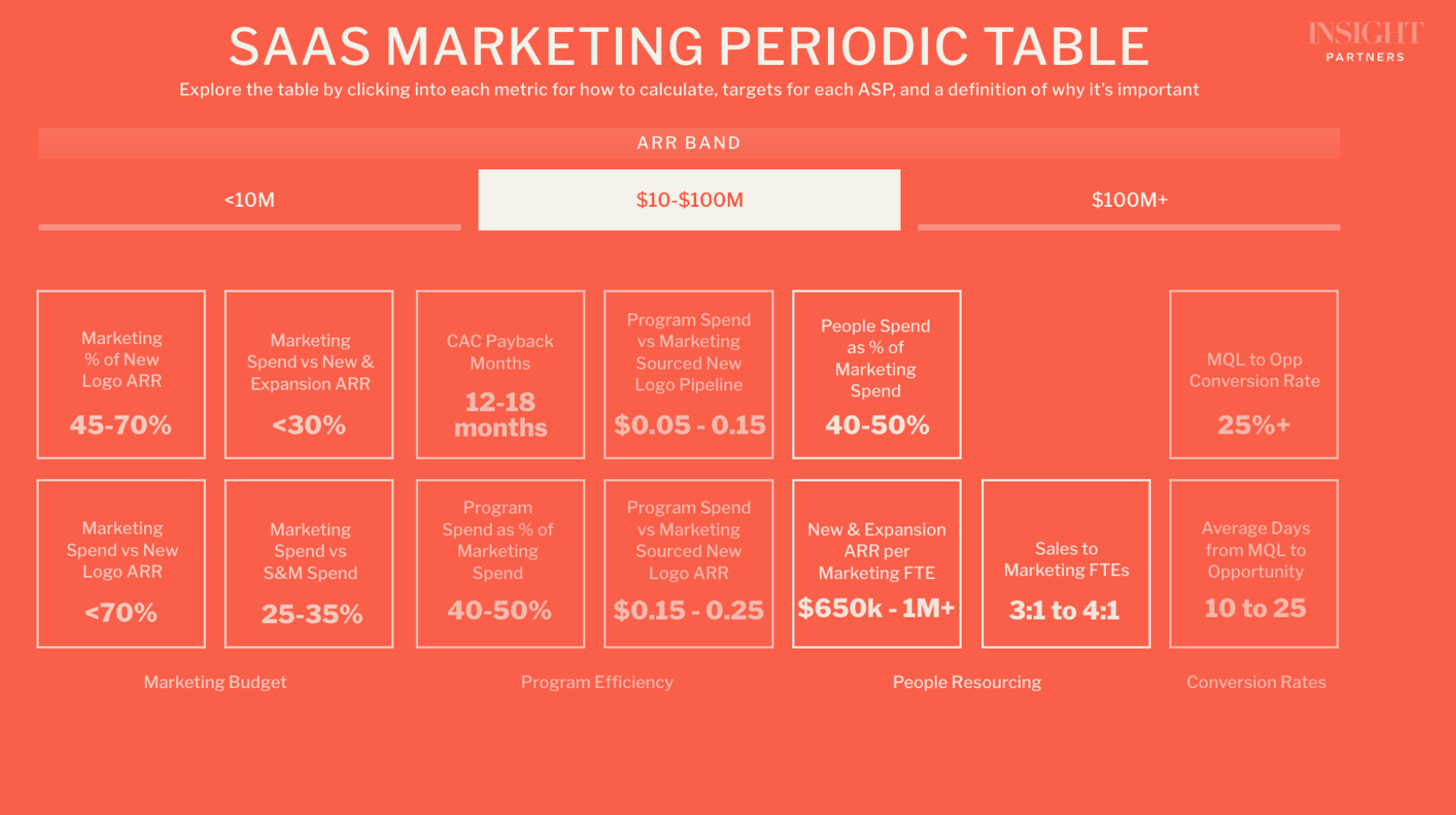[REPORT] ScaleUp CEOs and FinServ execs share 3 top tips to build successful partnerships

This post is a special feature of Insights Distilled, a weekly tech-focused email briefing for busy financial services executives. Learn more and sign up here.
Big banks and insurance companies can be lucrative partners for ScaleUps: The financial services industry consistently spends more on IT than any other sector. Top firms are increasingly turning to technology partners to help them evolve, launch innovative features, and delight customers.
But getting big FinServs and ScaleUps to gel isn’t always easy.
Get the exclusive report from Insights Distilled:
Building successful partnerships between FinServs and ScaleUps
“If you look at the industry at the moment, it can take 12-to-18 months for a bank to onboard a new supplier,” according to Oscar Brennan, the CRO of TechPassport, an organization created in collaboration with 15 global banks that aims to fast-track engagements between FinServs and startups. “As one fintech put it to me recently, ‘One of us is working in dog years, and one of us works in human years.’ There’s a real parallel.”
If you look at the industry at the moment, it can take 12-to-18 months for a bank to onboard a new supplier
To figure out how FinServs and ScaleUps can work together more effectively and efficiently, Insights Distilled asked Brennan and six other leaders from the likes of Lloyds Banking Group, Zest AI, and Genesis Global for their guidance, expertise, and experiences.
Here are three of their key takeaways on how ScaleUps can prepare to work with financial services clients:
1. Don’t pitch your technology; pitch your solution to a problem
A little background research can go a long way.
If you’re going to pitch a busy executive at a financial services firm – or really any enterprise – you should make sure that you’ve nailed your understanding of their problems.
“You should be able to crisply and succinctly articulate the problem you believe I have, that you saw in your research, and how you will solve it, in about five minutes,” says Chris Stephens, CDO-in-residence at Insight Partners, adjunct at Carnegie Mellon, and former head of data at GEICO.
You should be able to crisply and succinctly articulate the problem you believe I have, that you saw in your research, and how you will solve it, in about five minutes
To help craft your pitch, consider contacting other tech firms that already work with your target to get a better sense of how the firm operates.
“Figuring out which other vendors have established relationships with us, and what that relationship looks like, could be super helpful,” Stephens added. “Those people know how we buy, so that would be a place to go get some guidance and advice. You should build some relationships there.”
2. Be prepared for regulatory requirements
Because financial firms are systemically important, highly regulated entities, their procurement processes are longer and more intensive than those in almost any other industry.
Your firm should make sure you have the time, resources, and maturity to handle it.
“We’ve got the government alphabet soup,” said Mike de Vere, CEO of Insight portfolio company Zest.
The oversight and regulation is exhaustive, but warranted: “You’re dealing with humans’ lives,” de Vere added. “This idea that regulators are bad, or it’s just a hurdle to get over, that’s not how to view it. We view it as protecting consumers.”
You need good, evidence-based answers for questions like, ‘How do you manage authentication, authorization, and permissions, for a user of an application? How do you prove those controls?
Be prepared to jump through some hoops, according to Stephen Murphy, CEO of Insight portfolio firm Genesis Global.
“You need good, evidence-based answers for questions like, ‘How do you manage authentication, authorization, and permissions, for a user of an application? How do you prove those controls? And so much more,” he said. “There’s just a lot of awareness that you need.”
3. Make sure the relationship works – on multiple levels
To that point, “working for financial services is certainly not for the meek,” Zest’s de Vere said.
One of the most important skills that a ScaleUp can hone is the discipline to know whether they should chase a given client in the first place.
If the relationship does make sense on a purely tactical level, then you should use the proof-of-concept process to make sure it works from a more holistic perspective.
“You need well-defined, time-boxed POCs, to figure out, ‘Does the partnership work, not just from a product capability perspective, but from a relationship perspective?’” according to TD Bank’s head of commercial digital platforms, Paul Margarites. “Do you work well together with that partner?”
The director of Lloyds Banking Group’s fintech investment team, Kirsty Rutter, agrees on making sure that teams click:
“Beyond just the strategic alignment, from my perspective there must also be a cultural and ethical fit – each opportunity should align to the future plans, purpose, culture, and behaviors of both businesses,” she said. “This presents a strong common ground that they can work on together.”
Beyond just the strategic alignment, from my perspective there must also be a cultural and ethical fit – each opportunity should align to the future plans, purpose, culture, and behaviors of both businesses
For much more tactical advice and guidance and to hear directly from other leaders, including Glia exec Rick deLisi and Insight IGNITE founder Emmet Keeffe, download the full report here.
Note: Glia, Genesis Global, and Zest are Insight Partners portfolio companies.








